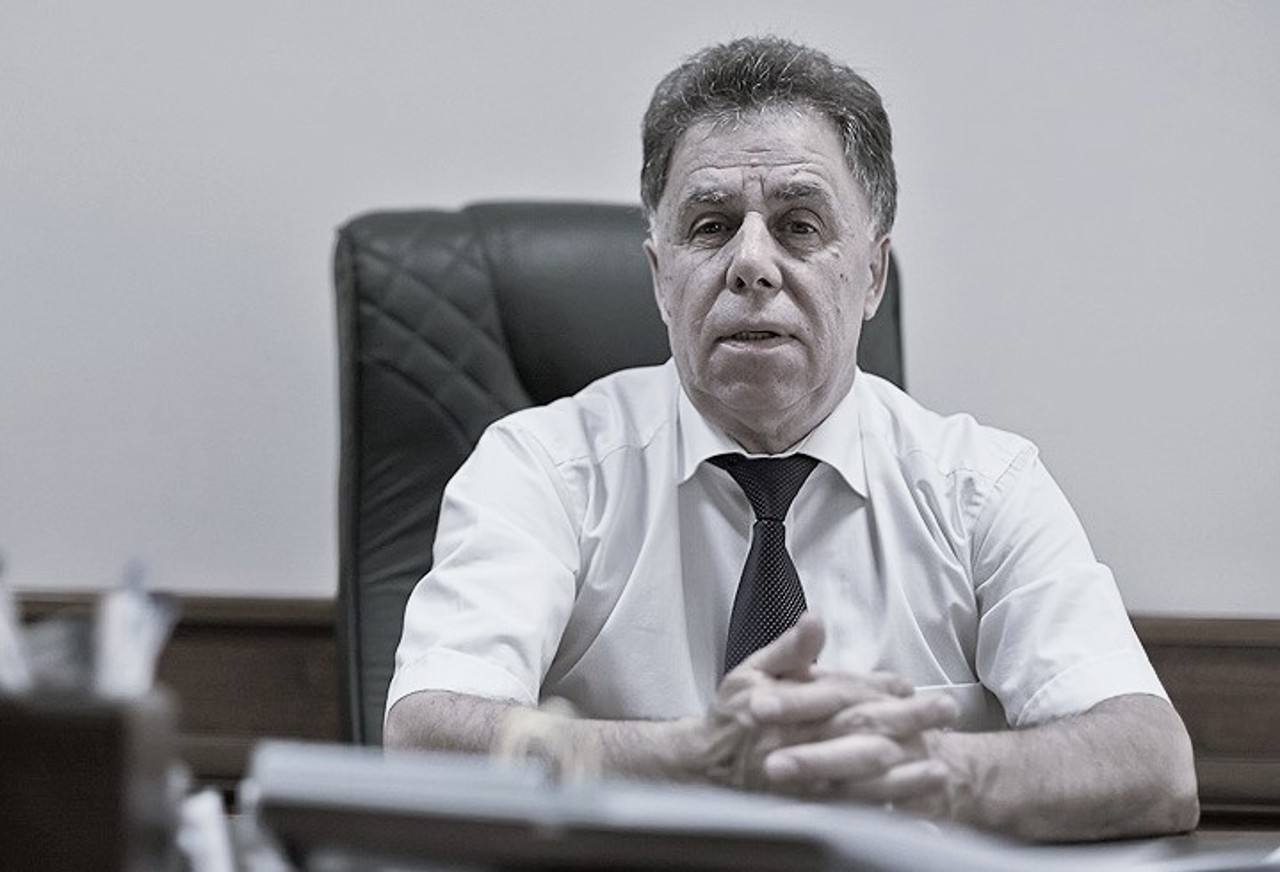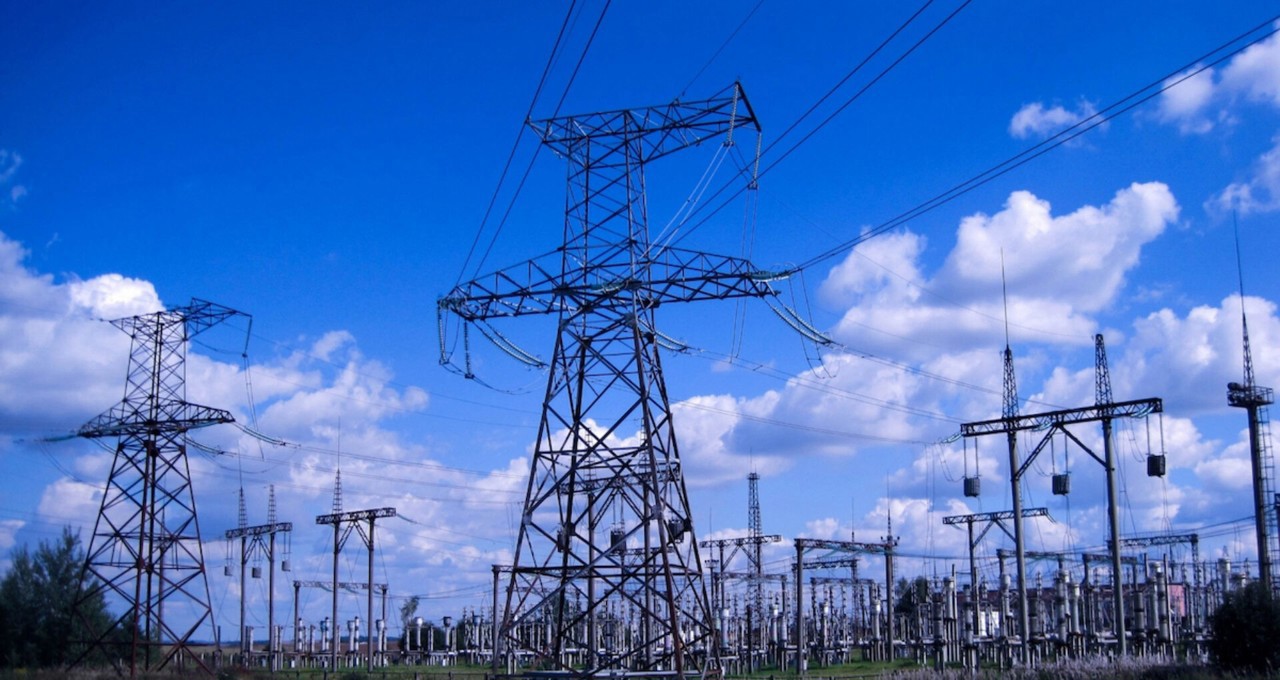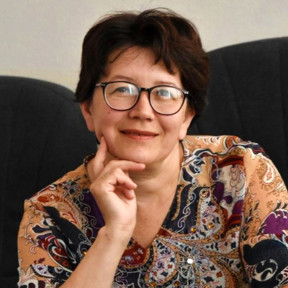Press review presented by Alla Ceapai, September 5
For the first time in Moldovan history, Gazprom is no longer in control of the country's gas networks. The network will now be operated by Vestmoldtransgaz, a joint venture between Transgaz Romania and the European Bank for Reconstruction and Development (EBRD). The move is seen as a major step towards reducing Moldova's reliance on Russian gas.

Analyst Anatol Țăranu told a talk show on Jurnal.md that the arrival of a new player on the gas market will undoubtedly reduce Russia's leverage over Moldova. "Russian gas has always been a political weapon in the hands of the Kremlin," he says. "But now, Moldova has more options and is less vulnerable to pressure."
However, Țăranu also notes that Moldova will need to find additional sources of energy to ensure the supply of electricity, which is currently produced from relatively cheap Russian gas.
In a report for DW.com, journalist Vitalie Călugăreanu says that poverty is undermining Moldovans' pro-European sentiment. He cites a recent poll that shows that support for EU membership is declining, while the number of people who justify Russia's war in Ukraine is rising.
Călugăreanu says that the war in Ukraine has had a major impact on Moldova's economy, leading to higher prices and unemployment. This has made it difficult for the government to address the country's many problems, including corruption and poverty.
In an interview for Radio Chisinau, political analyst Ion Tăbîrță says that the decision of whether or not to open accession negotiations with the EU is still up in the air. He says that Moldova is making progress on meeting the technical criteria for membership, but that it still needs to make significant improvements in the areas of justice and corruption.
Tăbîrță says that the government has not been as effective as it could have been in reforming the justice system. He says that more needs to be done to remove corrupt officials from the system.
In another interview with Vocea Basarabiei, former Justice Minister and President of the Constitutional Court Alexandru Tănase also criticises the government's reform of the justice system. He says that the reform has been too slow and has been plagued by political interference.
In an editorial for ipn.md, commentator Victor Pelin says that the upcoming local elections in Moldova, scheduled for November 5, 2023, will be the first to be held under the new electoral code. He notes that several parties have already announced their candidates for mayor of Chișinău, even though the official nomination period has not yet begun.
Pelin asks whether or not these candidates will be allowed to run in the election. He also suggests that the law should be changed to clarify the rules for the nomination of candidates.
Ziarul de Gardă reports on an analysis by expert in international relations and security Grigore Guzun, who says that the deployment of Russian tactical nuclear weapons in Belarus does not pose a direct threat to Moldova's security. He says that the short range of the weapons, 500 kilometres, and the distance between Chișinău and Belarus, 900 kilometres, make it unlikely that they would be used against Moldova.
Guzun also says that the transfer of the weapons from Russia to Belarus does not change the security situation in the region. He says that attempts to sow panic about the issue are unhelpful and are only playing into Russia's hands.
Postul TV Nord from Bălți reports that the criminal investigation into allegations of child abuse at a kindergarten in Bălți could be reopened. According to Ombudsman for Children's Rights Vasile Coroi, a request for the reopening of the investigation will be sent to the higher-ranking prosecutor.
The decision to close the investigation was criticized by the National Center for the Prevention of Child Abuse, which said that the conclusions of the psychological evaluation reports were selectively quoted and misinterpreted. The centre said that the evidence shows that the educator and her assistant used verbal abuse against the children.
Experts say that tolerance of impunity for verbal abuse against children sends the wrong message to society and can be seen as a justification for violence.
A report by nordnews.md from Bălți says that about 20% of the city's residents have a library card at the Eugeniu Coșeriu Municipal Library. The library is visited by dozens or even hundreds of people every day.
Translation by Iurie Tataru




